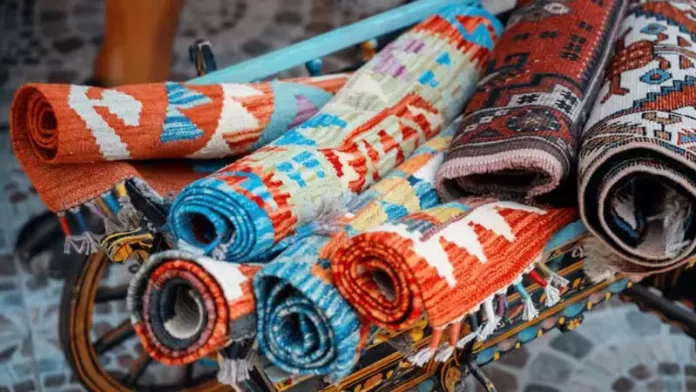Once a flourishing exporter of carpets, Bangladesh now finds itself heavily reliant on imports to meet domestic demand. The local carpet industry, which once thrived with exports to countries like Australia, New Zealand, and the United States, has failed to evolve in response to changing market dynamics, leading to its downfall.
Lack of technological advancement and innovation in quality and design has been cited as major factors contributing to the industry’s collapse. While Bangladesh used to export carpets and meet local demand, it now depends on imports from countries such as China, Saudi Arabia, Dubai, Iran, Canada, Spain, France, India, and Belgium.
A shift in consumer preferences towards new designs that local manufacturers couldn’t cater to resulted in a loss of buyers. Old and second-hand machines were insufficient to meet evolving demands, and a lack of focus on design development further compounded the industry’s challenges.
Of the seven manufacturers that once operated, all have shut down their production units by the mid-1990s. Mismanagement and corruption within government organizations, including those under the Bangladesh Jute Mills Corporation, exacerbated the industry’s decline.
Efforts to revive operations under government control did not yield success, leaving only a few organizations involved in handicraft business to produce carpets on a small scale.
While importers continue to meet local demand, some believe that promoting local production could boost demand for rugs, making them more accessible at a lower cost. However, the high price and luxury status of carpets, coupled with a warmer climate in Bangladesh, have deterred local companies from investing in manufacturing units.
Despite evolving consumer preferences and a gradual recovery in sales post-pandemic, challenges persist for the local carpet industry. Entrepreneurs struggle to sustain businesses, particularly those producing jute rugs, as synthetic materials dominate the market.
As Bangladesh grapples with import dependence in the carpet industry, efforts to revive local manufacturing and address market challenges remain crucial for long-term sustainability and growth.




